The melting points of metals
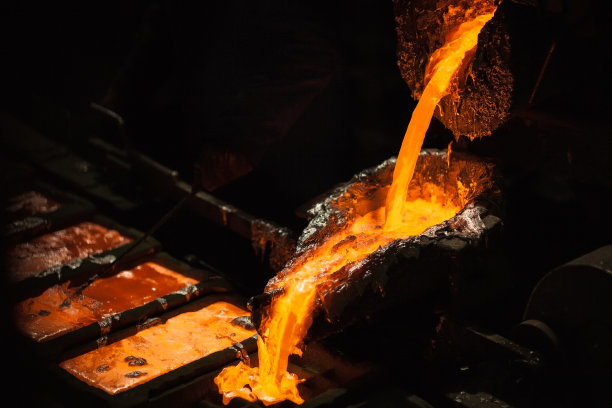
The melting points of metals vary widely depending on the metal’s atomic structure and bonding.
Does Aluminum Conduct Electricity?
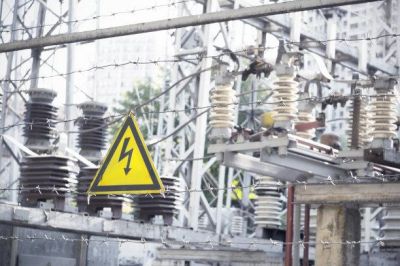
Of course yes, aluminum conduct electricity. Aluminum is a metal known for its excellent electrical conductivity. This attribute makes it an attractive option for various applications in the electrical and electronics industries. Here’s a detailed exploration of aluminum’s electrical conductivity, its comparison with other metals, and its usage in electrical applications.
Does aluminum rust?
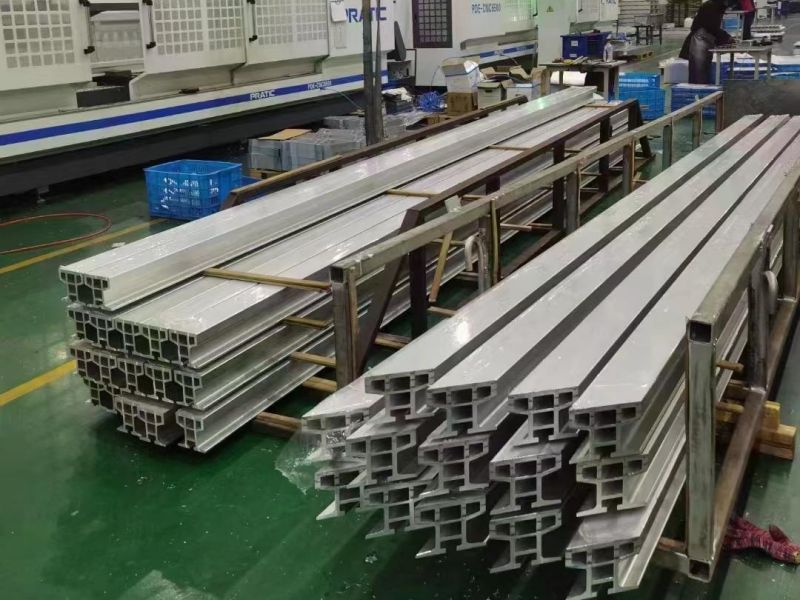
Aluminum does not rust in the traditional sense like iron does, because it lacks iron, which is essential for rust to form. However, aluminum can undergo a process known as aluminum corrosion, which is quite different from rusting. This difference is crucial because while “aluminum rust” is a misnomer, the corrosion of aluminum still involves a reaction with the environment, albeit through a different mechanism.
Is carbon steel magnetic?
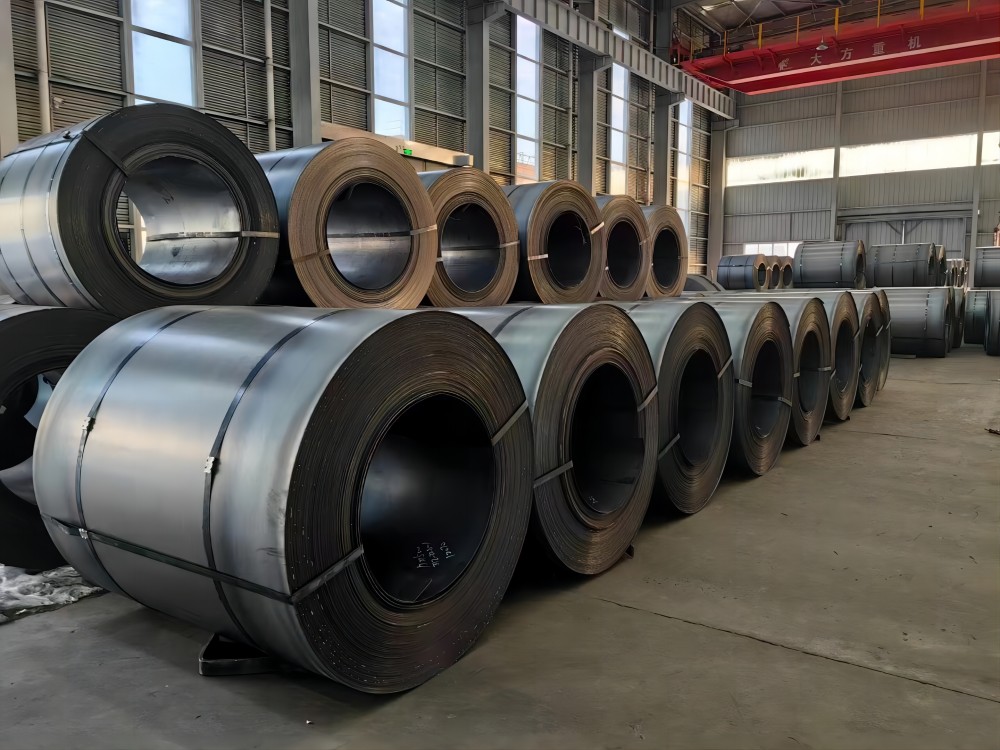
Carbon steel magnetic, mainly due to the presence of iron in it. Iron is a magnetic element, and when iron atoms are arranged to form a ferromagnetic region, they form a magnetic moment in that region and exhibit strong magnetism. Carbon steel is an alloy of iron and carbon, which has a high content of iron, and therefore carbon steel is also magnetic.
Does carbon steel rust?
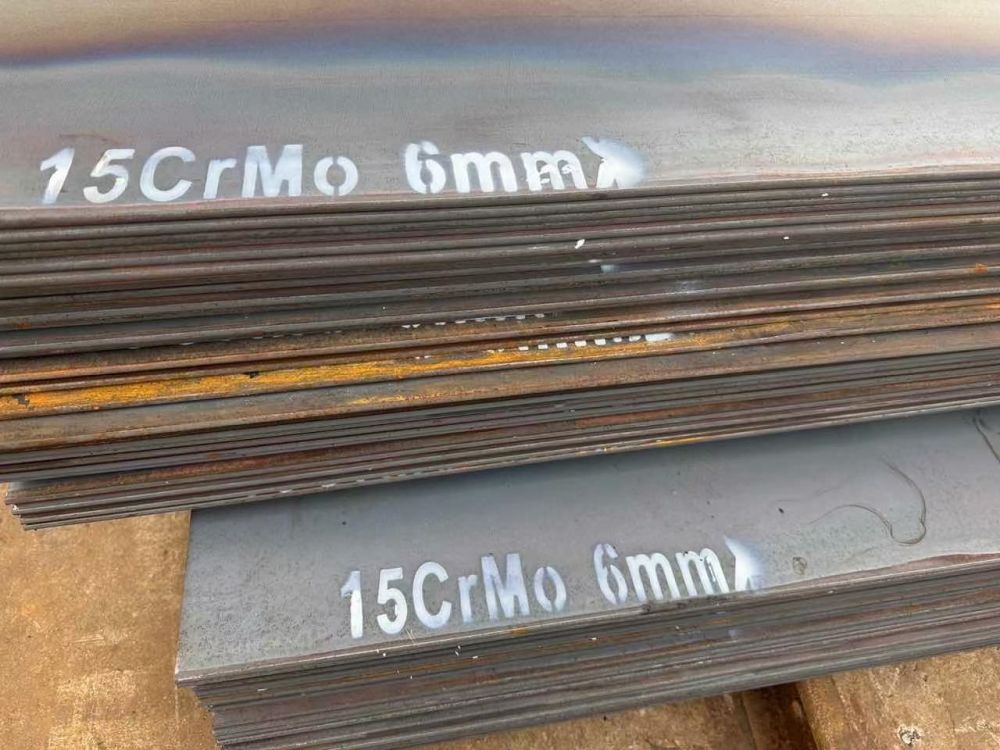
Yes, carbon steel rust when exposed to moisture and oxygen, as the iron content in carbon steel reacts with these elements to form iron oxide, commonly known as rust. However, rusting can be delayed or prevented through protective coatings, alloying, and regular maintenance.
What is 304 stainless steel?
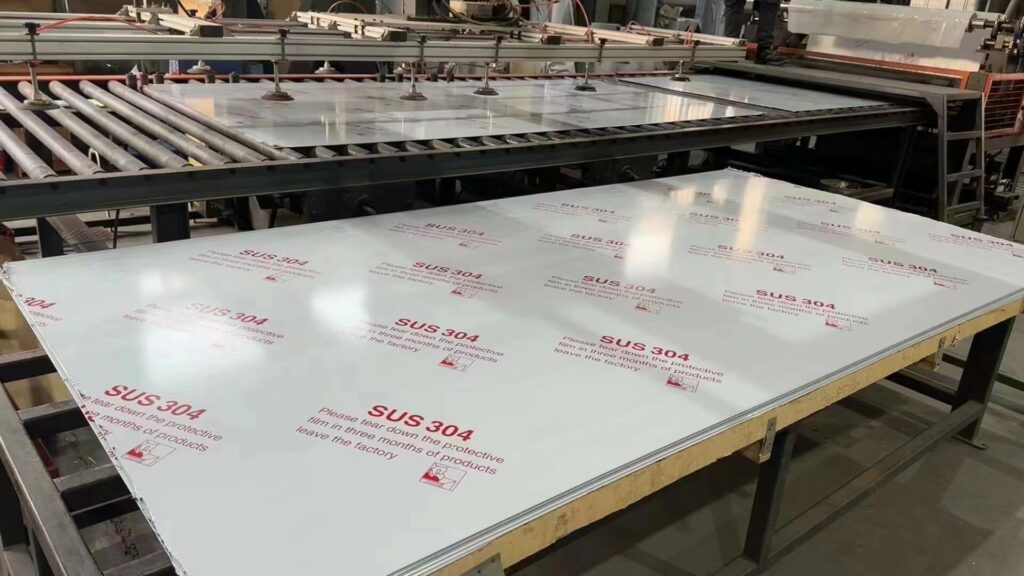
304 stainless steel is a general-purpose stainless steel material that is widely used in a variety of applications due to its excellent corrosion resistance and processing properties.
Carbon steel pipe:properties, types and applications
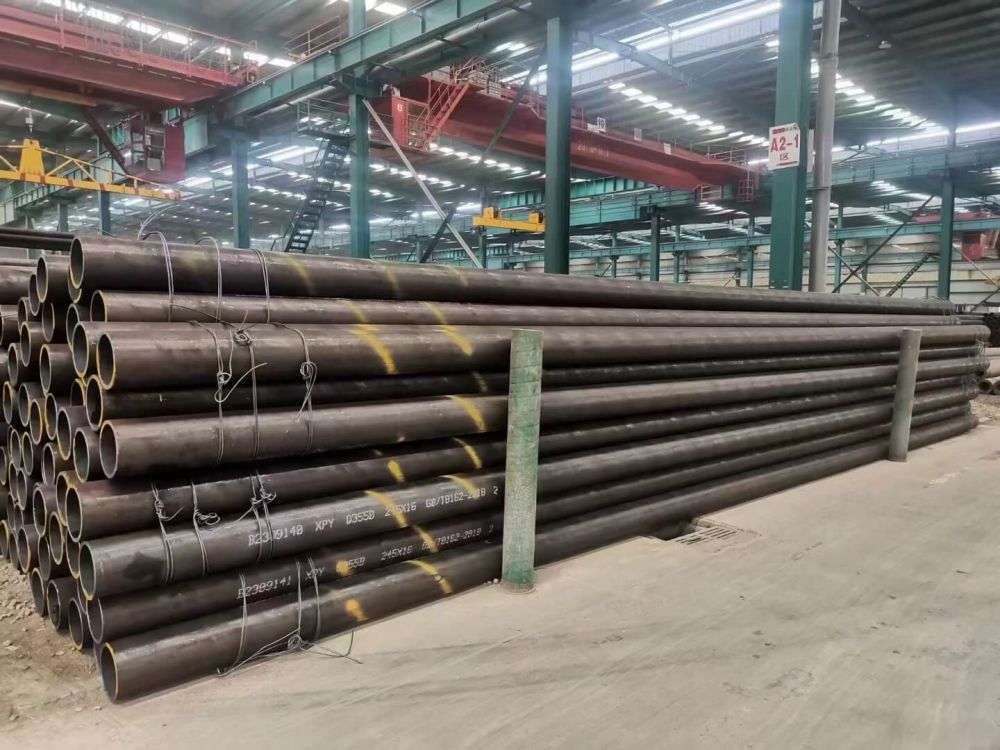
Carbon steel pipe, with its excellent mechanical properties, corrosion resistance and processing performance, is widely used in many fields. This article will introduce the properties, types and applications of carbon steel pipe in detail.
alloy steel vs carbon steel
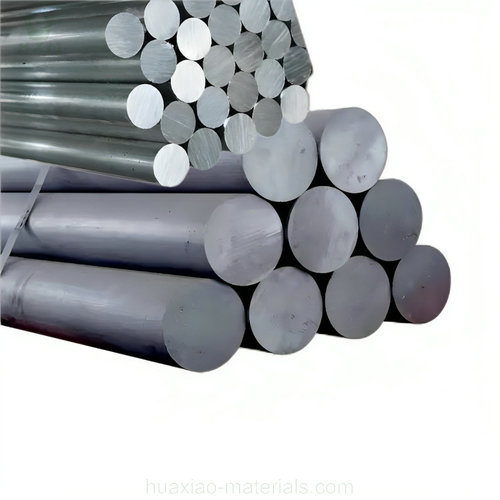
In the vast realm of steel, both alloy steel and carbon steel emerge as pivotal players, each boasting unique characteristics that cater to diverse industrial applications. Understanding the nuanced distinctions between these two categories unveils a tapestry of properties, classifications, and application fields that shape their roles in the world of materials engineering.
Monel Metal vs Stainless Steel
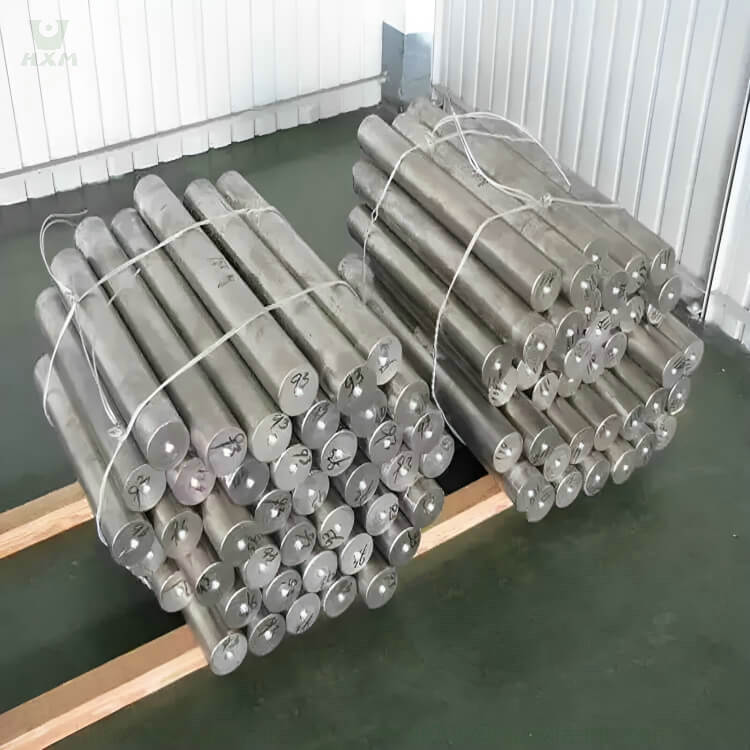
Monel Steel vs Stainless Steel:Monel steel, a nickel-copper alloy, boasts exceptional corrosion resistance, making it ideal for marine and aerospace applications. It is non-magnetic and exhibits good strength at high temperatures. However, it comes at a higher cost. On the other hand, stainless steel, with varying alloys, offers cost-effectiveness, corrosion resistance, and versatility. The choice depends on specific needs, with Monel excelling in corrosive environments, while stainless steel caters to diverse applications economically.
Is stainless steel stronger than aluminum?
Is stainless steel stronger than aluminum?Stainless steel is generally stronger than aluminum, offering higher tensile and yield strength, but it’s also denser.
